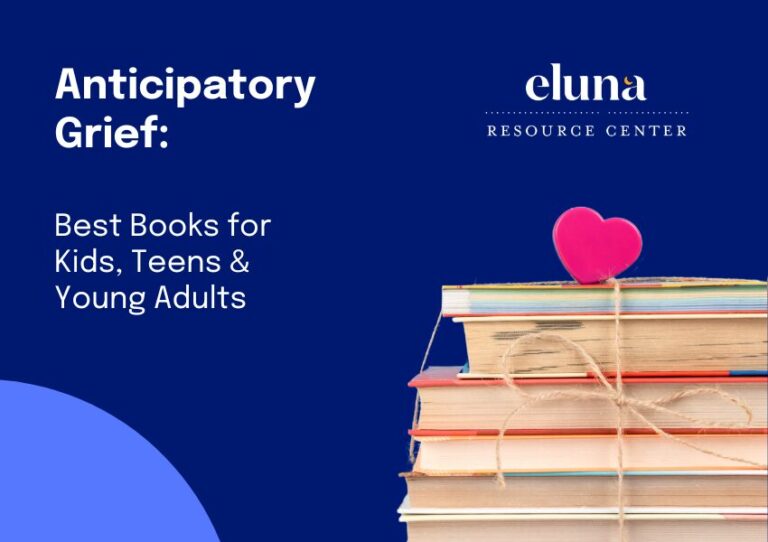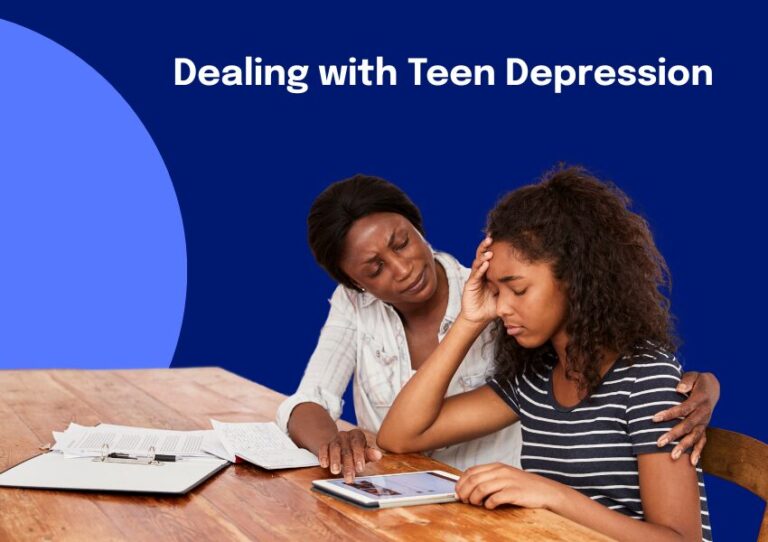Grief by Age: Young Adults (Age 18-Mid 20s)

Developmental Stage: Young adults start to consider plans for independence, post-secondary education, and career goals. Social maturity and intimate relationships may evolve and develop. Personality and identity strengthen during this time.
Concept of Death: Young adults understand that death is permanent. The death of a significant person can have a profound, permanent effect on young adults. Young adults continue to be vulnerable when processing grief as they are still developing their social, emotional, and coping skills.
Symptoms of grief: All people, regardless of their experience with grief, may exhibit the following traits at various ages and stages of their life. However, research has found that after the death of loved one, young adults may have prolonged or noticeable experiences with one or more of the following symptoms:
- Behavioral:
- avoidance
- isolation
- risk-taking
- Emotional:
- depression or anxiety
- stress
- unexpected sadness (crying)
- range of feelings that may include frustration, shock, relief, guilt, and/or anger
- Physical:
- aches and pains
- tight chest
- loss of appetite
- exhaustion
- Cognitive:
- disruption in academic or professional functioning
- fracturing in personal identity development
How to Help – the 6 Rs:
Reassure:
- Reinforce safety and love within your relationship and family.
- Examine roles and responsibility within the restructured family system.
- Adjust boundaries and expectations as needed.
- Talk openly about how your relationship will continue to evolve through adulthood. Look for subtle signs of grief as this age group is better about masking or hiding their feelings.
- Model appropriate ways of grieving, such as this grief body scan.
- Monitor high-risk behavior and reset expectations as needed.
Routine:
- Provide opportunities for extended sleep within reason and encourage healthy eating habits.
- If the young adult has moved away, discuss opportunities for communication and visits.
Release:
- Support creative outlets in art, music, theater, journaling, sports, yoga, exercise, outdoors, hobbies, clubs, etc.
- Offer fiction and nonfiction books to provide a variety of perspectives on grief.
- Plan physical outings together (walking, hiking, biking, etc.).
Remember:
- Allow young adults to keep mementos of deceased loved one.
- Include young adult in memorializing/funeral activities.
- Create a legacy book or box to store mementos and special items.
Reflect & Connect:
- Engage in open conversations and active listening.
- Answer all questions clearly and accurately.
- Try sharing your own emotions to start the conversation.
- Have patience and prepare by reading 10 Things Grieving Children Want You To Know or Seven Suggestions for Explaining Death to Children.
- Provide opportunities to talk with nonfamily members for support.
- For toxic shame or survivor guilt encourage the young adult to spend time with a person who had a similar experience.
Reach out:
- Visit the National Program Guide (NPG) to find counseling and support groups in your area.
- Proactively intervene and respond promptly to signs of depression or abnormal behaviors: National Suicide Prevention Lifeline or 988.
- For additional resources, visit our Resource Library or contact us directly for personalized support specific to your area and needs.

